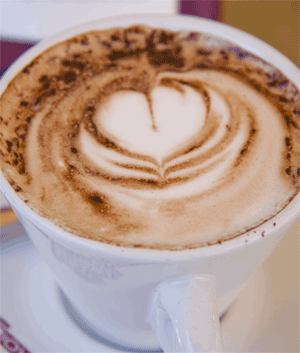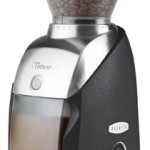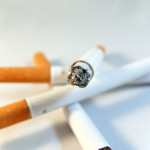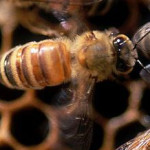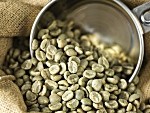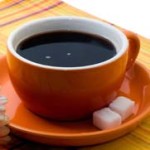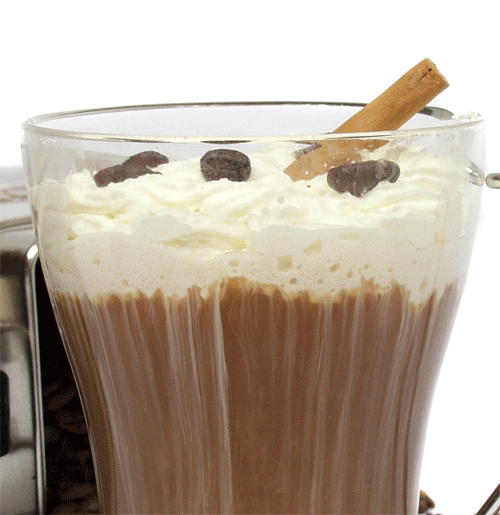Everybody loves a good cup of coffee. It wakes you up instantly, it tastes fantastic and you have to admit, the conversations over coffee are incomparable to any other beverage. Associate a cup of coffee with an intellectual, stimulating conversation about life, the universe and everything, with friends that matter the most. A cappuccino might make you more productive for a while, but nothing is as zesty and an instant kick like a shot of espresso. We’ve all been there: We spend so much time at coffee shops, but somewhere deep inside, we realize that these outlets are over-priced like much else on this planet these days. So we think, how difficult can it be to make a shot of espresso at home? What could possibly go wrong? We try that out and once we’re done, the concoction is nothing short of a deadly dosage of caffeine that tastes awful and leaves an even awful-er after taste. Here’s how to make that perfect cup of espresso at home. You’ll never have to go to a coffee shop again. All you need is an espresso machine and these handy tips. Here’s what you have to do:
1. Start out with water
If you have an espresso machine at home, refrain from using tap water. You may not know this, but tap water contains a small concentration of limestone which deteriorates the quality of coffee. Use mineral water instead.
2. It’s all about the beans
You cannot make good espresso without good quality beans. Can you make a beautiful gown without good fabric? The same concept applies here too and you cannot blame your coffee machine for this faux pas. Freshly roasted beans are your best friends because they give you a kick like no other.
3. Grinding the beans
If you use pre-ground beans, you’re not doing it right. Grind your beans into a fine powder (but not too fine; it has to be just right) just before brewing. You’d want to select the fine grind setting on your espresso machine for the perfect result. Once ground, press the coffee with a tamper to ensure that the beans are evenly distributed in the filter. I’ll have you know that most chain coffee shops rarely tamp the coffee. Huh.
4. Water temperature matters
The water needs to be just below the point of boiling. If the water is too hot, the espresso will taste bitter, if it’s cool, it will taste flavorless and blegh. Basically, the temperature needs to be just right.
5. Good mechanics
The most important step is to clean your machine thoroughly once you’re done, because coffee remnants will make your next tryst taste a tad odd, and who wants that? Properly maintain your machine. Brewing pressure is all important and needs to be 15 bars or more for the greatest espresso ever! Once the foam, or “crema” at the top of your espresso starts looking more white than brown, remove your cup from the machine, and voila, your espresso is ready! Remember to clean the machine
6. When to drink
Most people ignore this point, but it’s almost as important as anything else on this list. You must drink your shot within 20 to 30 seconds of you making it, while it’s still hot, otherwise it becomes bland and bitter. So drink it fast. It’ll taste way better if you don’t wait.
So remember these steps, the next espresso shot you make at home will not disappoint. Also keep in mind that practice makes perfect. It’s fairly easy to make the perfect espresso cup at home, so go on. Give these tips a try!

